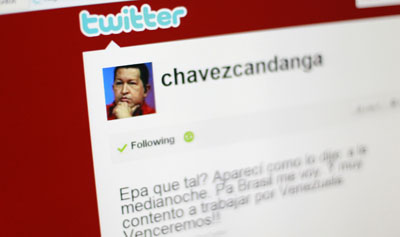Attacks on the Press in 2012: Venezuela
Fresh from his re-election in October, President Hugo Chávez Frías sought treatment in Cuba for the recurrence of an unspecified form of cancer, leaving the nation’s political landscape in doubt as 2012 came to a close. Chávez said during the campaign that he was free of the cancer that first struck in 2011, although details…
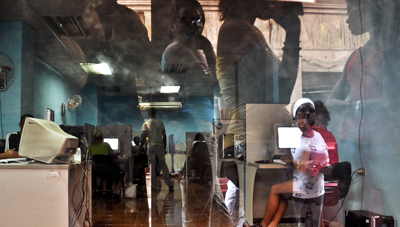
Eating a cable: Internet access still elusive in Cuba
There is a popular expression in Cuba that is synonymous with difficulty and crisis. When you want to indicate that someone is doing badly economically, it is sufficient to say that he is “eating a cable.” Street humor has identified the act of chewing and swallowing a bundle of wires with scarcity and material want.…
Globovisión probed over Chávez inauguration reports
Bogotá, January 10, 2013–Venezuelan authorities announced late Wednesday that they had launched an investigation against a private TV station that had aired reports questioning the legality of postponing the inauguration of President Hugo Chávez. The Committee to Protect Journalists calls on the government to immediately drop this politicized investigation and to end its persistent harassment…
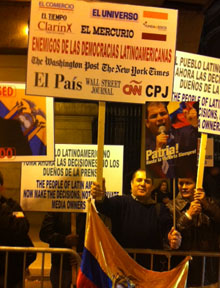
Correa supporters protest as Cabot winners celebrated
The Maria Moors Cabot Prizes, administered by Columbia University Graduate School of Journalism in recognition of journalistic contributions to Inter-American understanding, are the oldest international prizes in journalism. But Josh Friedman, director of the prizes, said this year marked the first time he remembered arriving at the awards ceremony to be greeted by protesters screaming…
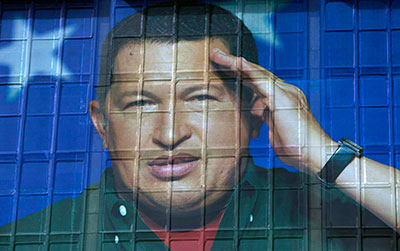
Latin American press faces violence, legal harassment
Violence and legal harassment: the two greatest obstacles to press freedom in Latin America today. That’s the message that CPJ Executive Director Joel Simon is delivering this morning in Washington, D.C., at a briefing hosted by Congressman Sam Farr. Farr, a California Democrat, hosts a monthly series looking at emerging trends in the Western Hemisphere.…
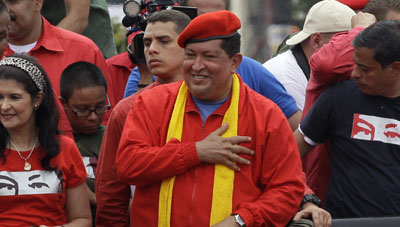
In Venezuela, a media landscape transformed
In more than a decade in power, President Hugo Chávez Frías has overseen the transformation of nearly every aspect of Venezuelan society, including the media. When Chávez came to office in 1999, he enjoyed the support of the country’s established private media. But the relationship soon soured, and in April 2002 he was briefly deposed…
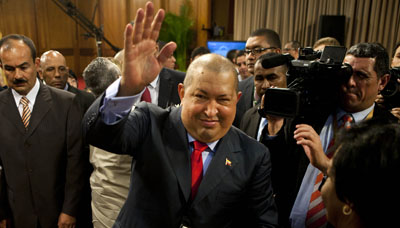
Venezuela’s private media wither under Chávez assault
The Chávez administration has used an array of legislation, threats, and regulatory measures to gradually break down Venezuela’s independent press while building up a state media empire—a complete reversal of the previous landscape. One result: Vital issues are going uncovered in an election year. A CPJ special report by Monica Campbell
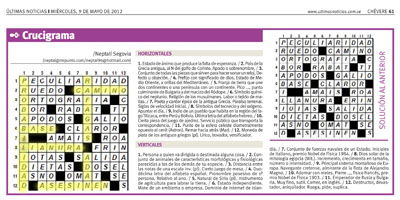
State media focus on opposition, critics; stifle debate
Many state media in Latin American are used for political propaganda, but the Venezuelan government has built an unprecedented media empire that it uses to attack critics and independent journalists and obscure issues like crime and inflation. By Carlos Lauría
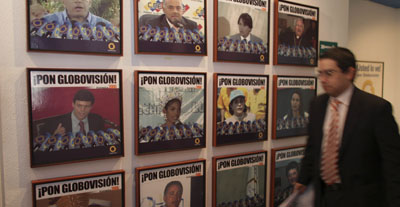
Globovisión besieged by investigations, fines, violence
The recent regulatory probe into coverage at Globovisión, the only TV broadcaster critical of the Chávez administration, is the latest in a long string of investigations and other harassment. The network is struggling to stay afloat. By Monica Campbell
